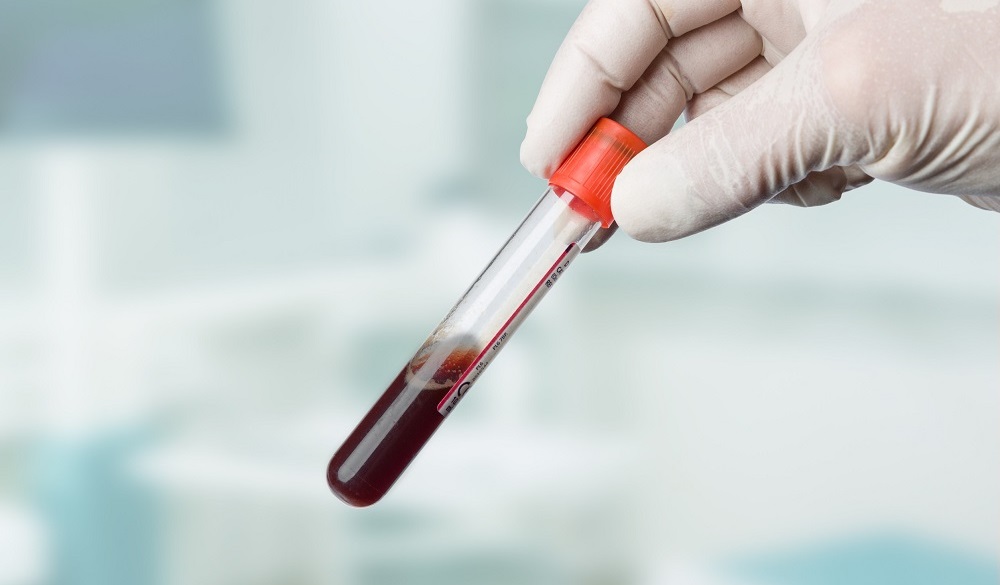Breakthrough Blood Test Developed For Schizophrenia Predicts Most Effective Treatments
Posted on 12 Feb 2024
Millions of people worldwide are affected by psychotic disorders, with psychosis typically emerging in young adulthood — a crucial phase of life. Stress and substance use, including marijuana, can trigger psychosis in individuals with a genetic predisposition. Without intervention, psychosis can lead to escalating biological, social, and psychological harm. Schizophrenia, a psychiatric condition characterized by hallucinations and delusions, is challenging to diagnose, particularly in its early stages. It is crucial to match individuals with the most effective treatment from the outset. Now, a new test developed for schizophrenia is capable of identifying biomarkers in a person's blood. This test objectively evaluates their current severity and future risk for the disorder and aligns them with treatments that are most suitable for their unique biological makeup.
In a study, a team of researchers led by Indiana University School of Medicine (Indianapolis, IN, USA) observed psychiatric patients for over a decade. The team identified biomarkers indicative of high hallucination and delusion states, as well as those predictive of future psychiatric hospitalizations related to these symptoms. They also determined which biomarkers are affected by existing drugs, facilitating the alignment of patients with appropriate treatments. This research builds upon two decades of work by the team on blood biomarkers for various psychiatric conditions, including mood disorders, anxiety, post-traumatic stress disorder, suicidality risk, pain, and memory disorders. Notably, the identified biomarkers were found to be more predictive than standard evaluation scales for hallucinations and delusions. This implies that the biomarker test can help minimize subjectivity and uncertainty in psychiatric assessments. The test is expected to be commercially available later this year.

Related Links:
Indiana University School of Medicine











 (3) (1).png)


